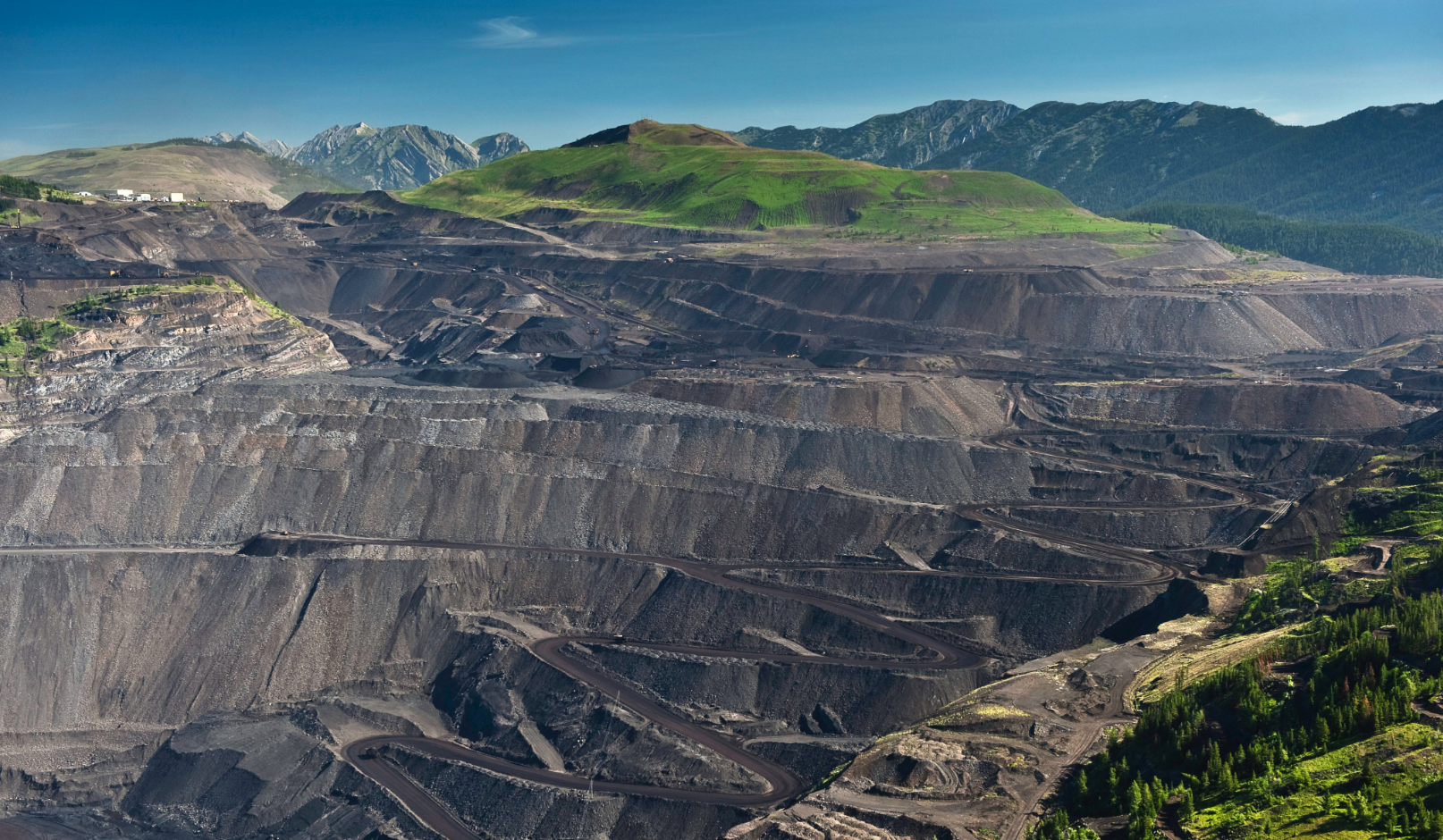New report puts $6.4 billion price tag on partial clean up of water pollution from Elk Valley coal mines — Wildsight
A leading voice for conservation in southeastern British Columbia said a report shows that the partial clean-up cost of water pollution from coal mines in the East Kootenay will be substantial.
A new report commissioned by Wildsight, a non-profit charity that protects biodiversity and encourages sustainable communities in Canada’s Columbia and Rocky Mountain regions, has revealed it will cost at least $6.4 billion to reverse rising selenium concentrations in Canadian and United States waterways due to toxic runoff from British Columbia’s Elk Valley coal mines.
Selenium contamination from the Teck-owned mines has been a topic of increasing concern over the past decade, with concentrations consistently breaching both B.C. and Montana’s water quality standards.
The report, which was completed by independent consulting firm Burgess Environmental Ltd, calculates what it will cost to implement Teck’s current plan to build water treatment plants to 2027 and operate them for 60 years.
“The $6.4 billion figure that Burgess Environmental has calculated is particularly concerning because it is vastly more than Teck’s $1.9 billion reclamation security is set at, meaning they’ve severely underplayed the problem and B.C. taxpayers stand to foot a multi-billion-dollar bill if anything goes wrong,” Simon Wiebe, Mining Policy and Impacts Researcher at Wildsight said in a media release Tuesday.
A reclamation security is a financial assurance, often referred to as a bond, that mining companies must provide to the province to cover environmental reclamation and remediation costs in case of emergency. It is designed to ensure the financial burden associated with clean-up costs falls on industry rather than taxpayers.
“Our report calculates only the cost of remediating part of the selenium contamination in the Kootenay/ai watershed from the Elk Valley mines,” Wiebe says.
“The true cost of cleaning up environmental damage from these mines will be far greater once land reclamation, groundwater remediation, treatment of other water contaminants, and monitoring are taken into account,” he says.
“This report is strong evidence that the amount held by British Columbia is not going to be nearly enough to fix the selenium problem, let alone other environmental damage, and that must be rectified.”
The report comes as Teck prepares to sell a majority stake of its Elk Valley coal mines to Swiss mining giant Glencore, which has publicly declared its intention to spin off its coal assets within two years. The Canadian government is currently reviewing the proposed sale under the Investment Canada Act.
“We hope that both Glencore and the Canadian government will pay close attention to this report as they consider the sale, to ensure accountability for the selenium crisis is maintained throughout the transfer of ownership,” Wiebe says.
“This is already an international environmental disaster, and it could still worsen.”
“Teck’s current strategy, which this report’s calculations are based on, would only remove half of the selenium produced by current mining operations. Moving forward, more and more waste rock will be produced, leading to more selenium being released, possibly requiring even more water treatment facilities,” Simon says.
Selenium concentrations have more than quadrupled in the Kootenay/ai watershed over the past 38 years, with levels regularly exceeding those considered safe for aquatic life and human health.
The watershed includes communities such as the B.C. city of Fernie, Lake Koocanusa on the Canadian-United States border, and water courses flowing through Montana and Idaho.
After years of stalled talks, Canada, the U.S. and the Ktunaxa Nation last week announced they’ve agreed to refer the selenium pollution problem to the International Joint Commission, a neutral third party which is now tasked with investigating and recommending solutions.
To read the full report, visit: https://wildsight.ca/wp-content/uploads/2024/03/2024-03-18-Teck-Coal-Final-Report_Reduced.pdf


























Comments